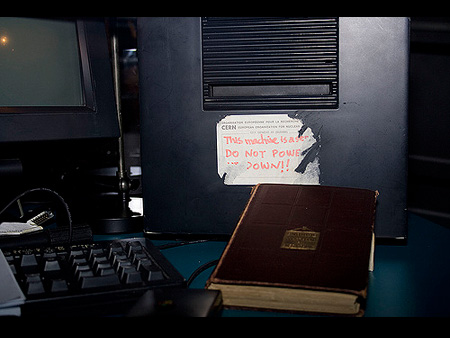Values of Commons and Capital
What kind of knowledge is desirable, or valuable under the rubric of capitalist expansion? Historical growth analysis, trade data, labour market statistics, speculative futures? All these measurements seek to aid the economy in the production and predictions of growth – which is to say the creative ‘production of sameness’[1]. In this context, of competition, fragmentation, the auto-cannibalistic ouroboros of capitalist production – knowledge is power, or rather the pursuit of power, and power is a ‘conception…of the desirable’[2]; the baseline value by which all economic activity measures itself. In turn, economic valuation becomes a process of measurement based on the abstraction of the unquantifiable into a perfect field. It is the flattening and universalising of all things made available to exchange projected into a ‘future that never arrives’[3].
The implication is that knowledge and value co-constitute each other. Choices are made about what is to be valued – ‘…what is to be counted, visible and present’[4] – what knowledges have the time and space to be excavated and cared for. In turn, what is already known influences these choices about what is to be valued.
The arrangement of knowledge and value in relation to one another is not as monolithic structures but dynamic processes which must be understood in terms relevant to their social context.
[1] Black, Hannah, ‘Value, measure, love’, The New Inquiry: July 30th, 2012 < https://thenewinquiry.com/value-measure-love/> [Accessed: May 20th, 2021]
[2] Robbins, Joel, Sommershuh, Julian, ‘Values’, The Cambridge Encyclopaedia of Anthropology: 1st September, 2016 < https://www.anthroencyclopedia.com/entry/values> [Accessed: 12th March, 2022]
[3] Black, Hannah, ‘Value, measure, love’, The New Inquiry, 2012
[4] Bigger, Patrick, Robertson, Morgan, ‘Value is simple. Valuation is Complex.’ , https://eprints.lancs.ac.uk/id/eprint/83819/1/practices_of_value_bigger_13122016.pdf> [Accessed: 12th March, 2022]
People
Rebecca Gill, Rebecca is a social researcher and writer. They graduated from Glasgow School of Art in 2019 and have since been working in the third sector. Her realm of inquiry colludes around the logic of power and its distribution across social life. Their previous research has considered this through phenomena such as disappearance and iconoclasm, bull fighting, competition as the dominant organising principle of late stage capitalism, and the desktop, amongst other things.
